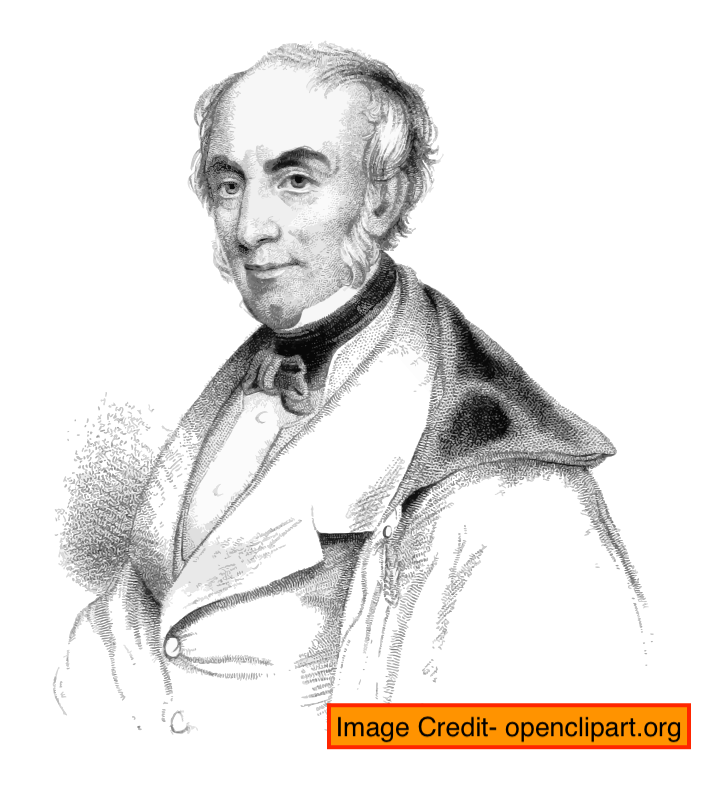
(Info4now)- While Tintern Abbey gives a touch of what nature poetry is or how Wordsworth treats nature to assimilate it with the development of human psychology, Ode on Intimation of Immortality is much more philosophical. In Tintern Abbey the poet follows a pattern in blank verse and the Immortality Ode is quite irregular in composition. Resolution and Independence echoes a single thought and brings out the resolution of a human being, and is composed with a fixed rhyme scheme and a pattern in order.
Summary of Resolution and Independence
Resolution and Independence begins with the description of nature, description of a beautiful morning. The beauty of nature makes the poet feel the happiness of a life he leads. But this happiness is marred with the thoughts of the sad and painful lives of the people around him. People who live in this world face so many pangs of life and, many a time, surrender to the unfavorable circumstances of life. He recalls Chatterton and Burns who died early without drinking the lives ‘to the lees’. In such a situation the poet meets an old man who is completely not in the vitality of a healthy person. He is feeble and he is very weak, almost bent down while walking slowly. The man deals well with this poor life. To make two ends meet, he moves around different places, he collects leaches from the ponds and the lakes. Still he is very okay with his going. Probably the old man is aware of the mundaneness and the transiency of the world. To him a life offered to him is just a life, not to think much more about it. It’s necessary to be resolute. The poet thanks God after watching such a larger than life figure who makes his mind get strengthened.
Critical Analysis
Irrespective of the development of the story in his poetry, William Wordsworth starts his poems with the vivid images of nature. Tintern Abbey introduces nature as realized by a boy and the Immortality Ode on its onset criticizes the changes in nature. Here in Resolution and Independence, also called The Leech Gatherer, the poet starts with the beauty of nature. The introduction of this poem doesn’t really justify the development of the thought of the poem. But what does it matter for a poet laureate like William Wordsworth? He very delicately makes nature speak. For him, if nature is the source of beauty on the one hand, it also speaks of human beings on the other. It knows the ‘sad music of humanity’.
Resolution and Independence records the intoxicating effect of nature on the poet who totally forgets about the future. But as nature is the teacher for Wordsworth, she knocks at his door of his happy chamber. He realizes what he was avoiding either consciously or not. In stanza VI, he successfully connects his thoughts with the start of the poem. Both the sounds and images of nature bring out the remembrance of the past and leave enough to prepare for the future. So the poet, the happy child, is prepared to question himself. Stanza VII is very lyrical as it gives a personal message with a view to balancing the construction of the poem. The poet sympathizes with the short lives of Chatterton and Burns who were also eminent poets like Wordsworth himself.
The Leech Gatherer
A fumbling Wordsworth must have something to manage the gap of this philosophical blankness—between his happiness with the beauty of nature and the fear of distress that might engulf him. The old man with grey hairs and a feeble health is found beside a pool and appears as a symbol of continuation. His determination to stick to his work draws the poet’s attention. The stone-like figure as described in stanza IX clearly satirizes the aerial attitude to life on the part of the poet. The man’s visionary words on life seem to make him an unreal figure. He can evoke troublesome thoughts and, at the same time, free it. The perseverance that the leech gatherer speaks of is the universal note the poet learns and scatters among the readers.
Conclusion
Wordsworth is the poet of man and for him nature is the best teacher. This poem combines these two very well, as he creates great ideas with a humble man again and nature intervenes. More than a god-like figure, the man represents one who is with nature itself. If nature guides him to think about his future, it also sends a leech gatherer for the poet. Finally what the poet delivers is just an emotion to be ‘recollected in tranquility’—is to remember the old man in his worries.
This poem is written with care. Even calling a composition a ‘spontaneous overflow of powerful feelings’, here in this poem, William Wordsworth is very careful about every stanza. He tries best to compose with the theme of the poem. As he takes on a subject matter like resolution and independence, he knows how to steer his free expression. With a disciplined rhyme scheme and usages of figurative languages, Wordsworth, the teacher is on top.
(The article is from the complete personal views of the author and Benazir Mandal who teaches English language and literature in an institution under the Govt. of West Bengal, India and assists the author to bring out this content.)